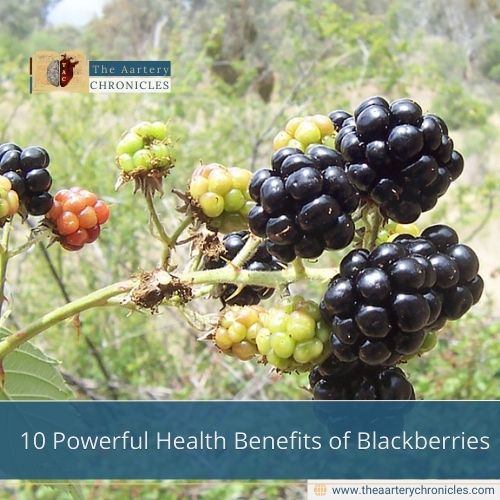

Is Your Busy Life Secretly Damaging Your Heart?
India is witnessing a concerning rise in cardiovascular diseases, especially among working professionals. Ironically, this trend is more prominent in the more developed and urbanized states of southern and western India.
Urbanisation and Changing Food Habits
As India grows economically, more people are moving to cities in search of better opportunities. But with urban living comes lifestyle changes, particularly in eating habits. Traditional home-cooked meals are now being replaced by quick, processed foods served in fast food chains or packaged for convenience.
This shift is mainly due to busy work schedules, longer commutes, and the decline of joint families. With nuclear families becoming the norm, fewer people find time or energy to cook daily, leading to a rise in the consumption of ready-to-eat or frozen meals.
Processed Foods and Health Risks
Processed and packaged foods, especially when consumed regularly in a hot and humid country like India, are not ideal for long-term health. These foods often contain high levels of unhealthy fats, sodium, and preservatives, all of which increase the risk of heart disease.
To make matters worse, South Asians, including Indians, are genetically more prone to cardiovascular issues. This makes it even more important to pay attention to what we eat.
The Importance of Workplace Meals
Ironically, the most important meal for many working professionals is the one they eat at the office. As a result, companies are beginning to understand the importance of offering healthy food options at work. While this awareness is still growing, it could make a significant difference in the long run.
Workplace cafeterias can be a great starting point for promoting better eating habits, especially by offering fresh, regional foods instead of heavily processed, Western-style meals.
It’s Not Just About Food, Exercise Matters Too
Foods like pasta, oats, and cornflakes are often marketed as healthy options. While they can be part of a balanced diet, eating them alone, especially in a vegetarian country like India, may not provide all the nutrients the body needs. It’s important to combine such items with other foods that add fibre, protein, and essential vitamins.
Rethinking “Healthy” Western Foods
While eating healthy is essential, it’s only one part of the equation. A sedentary lifestyle, spending long hours sitting at a desk without physical activity, can be just as harmful. Interestingly, factory workers or shop-floor employees, who move around more during the day, tend to be physically fitter than office workers who spend most of their time sitting.
A combination of regular physical activity and a balanced diet is key to lowering the risk of heart disease.
Supporting Local and Seasonal Foods
India has a strong tradition of eating fresh, locally grown food. Going back to these roots can benefit both our health and the environment. When we consume food that’s grown nearby—within a 150-kilometre radius—it reduces our carbon footprint, supports local farmers, and ensures fresher, more nutritious meals.
On the other hand, processed foods require more packaging, transportation, and energy, making them not only unhealthy but also less sustainable.
Conclusion
The rising rate of cardiovascular diseases among working professionals is a wake-up call. We must rethink our daily food choices, especially those made at work, and combine them with active lifestyles. By embracing traditional eating habits, promoting fresh, local food, and encouraging movement, we can protect our heart health and build a healthier workforce for the future.
Source: Inputs from various media Sources

Priya Bairagi
Reviewed by Dr Aarti Nehra (MBBS, MMST)
I’m a pharmacist with a strong background in health sciences. I hold a BSc from Delhi University and a pharmacy degree from PDM University. I write articles and daily health news while interviewing doctors to bring you the latest insights. In my free time, you’ll find me at the gym or lost in a sci-fi novel.








